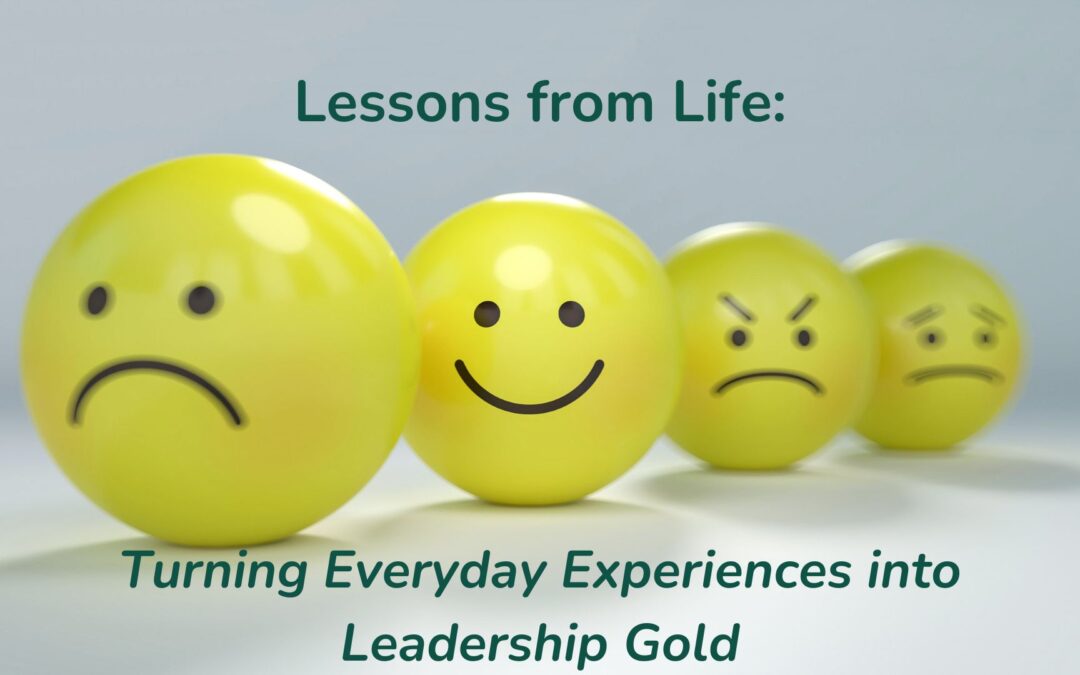Emotions: A Shortcut to Self-Awareness
Ever been so angry you could explode?
Maybe a colleague took credit for your idea, a team member dropped the ball on a crucial project, or someone ate the last slice of cake you were saving.
We’ve all been there. But have you ever stopped to ask why some things make you see red, while others just roll off your back?
And also, why some seemingly minor things get you hot under the collar, while other – more serious things – that make other people’s blood boil simply don’t bother you?
It’s not just about the situation itself—it’s about what that situation represents to you. Sometimes, the small things aren’t small at all; they’re poking at something much deeper.
I recently had my own fury-inducing experience, and—once I’d finished cursing at my laptop—I realised it was a masterclass in emotional intelligence.
How a Landlord Triggered My Inner Hulk
When my husband, son, and I moved out of our rented house, we did the responsible thing: hired professional cleaners, left the place spotless, and confidently expected our full deposit back.
Then came the email.
The landlord wanted to keep a chunk of our deposit because we’d left the house in an “unacceptable condition.”
Excuse me, what?
Cue: immediate rage.
I vented. I ranted. I threw an Academy Award-winning tantrum, complete with pillow-punching. And then, when the dust settled (and I’d run out of energy), I did what any good coach would do—I examined why this had pushed my buttons so hard.
Why Seemingly Small Things Push Our Buttons
Here’s the thing—anger, frustration, disappointment… they don’t come out of nowhere. They’re signposts pointing straight at your core values.
It wasn’t just about losing money. My deep-seated need for fairness was under attack. My brain wasn’t reacting to a simple deposit deduction—it was screaming, “This is unjust! Do something!”
And that’s why some minor things irritate us disproportionately—because they aren’t really minor. They’re tapping into something fundamental, something we care about.
Maybe it’s respect, autonomy, loyalty, or feeling heard. When those values are challenged, even in seemingly trivial ways, our emotional response can be intense.
How This Translates to Managing Teams
This is exactly how emotions operate in the workplace. When your team members react strongly to a situation, it’s rarely about the surface issue—it can be about a deeper value being challenged.
Consider these scenarios:
- A team member pushes back on a decision—maybe they value autonomy and feel left out.
- Someone gets defensive after feedback—perhaps they value competence and feel their expertise is being questioned.
- A high performer starts disengaging—maybe they value growth but don’t see a clear career path.
When leaders fail to recognise these signals, they risk addressing only the symptoms, not the root cause. But when you understand what’s driving emotions, you can respond in a way that motivates rather than demoralises.
It’s also important not to judge others too harshly. Just because something seems like a minor problem to you doesn’t mean it isn’t a major problem for them. They may not even realise why they’re upset, but by understanding values, you can help them identify what has pushed their buttons—immediately calming the situation down.
Using Emotional Intelligence to Lead Better
Once I realised my frustration was about fairness, I had two options:
- Fight for my deposit, because justice matters.
- Accept the deductions and move on, because my time is valuable.
I chose a bit of negotiation (because, of course), but ultimately, I let it go. The landlord wasn’t out to ruin my life—this was just how deposits worked.
Now, imagine applying this approach to leadership. When a team member is upset, instead of reacting defensively or dismissing their frustration, ask:
- What value is being challenged here?
- How can I address the real issue, not just the reaction?
- What action will reinforce trust and engagement?
Your Leadership Action Step
Next time a team member expresses frustration, take a step back before responding. Ask yourself:
✅ What deeper need or value might be at play?
✅ How can I acknowledge that while addressing the situation?
✅ What patterns do I notice in my team’s emotional responses?
By recognising emotions as insights rather than obstacles, you’ll make better decisions, build stronger relationships, and create a team culture where people feel truly understood.
And as a bonus? Fewer unnecessary conflicts and more productive conversations. 😉
Key Insight: If you want to be a great leader, don’t just react—decode the data!
When have emotions helped you better understand a leadership challenge? Drop a comment—I’d love to hear your thoughts! 👇
Acknowledgment: This blog post was written by me: Jo Blakeley. While I used AI assistance (ChatGPT) for refining grammar and presentation, all ideas, insights, and content are my own.

